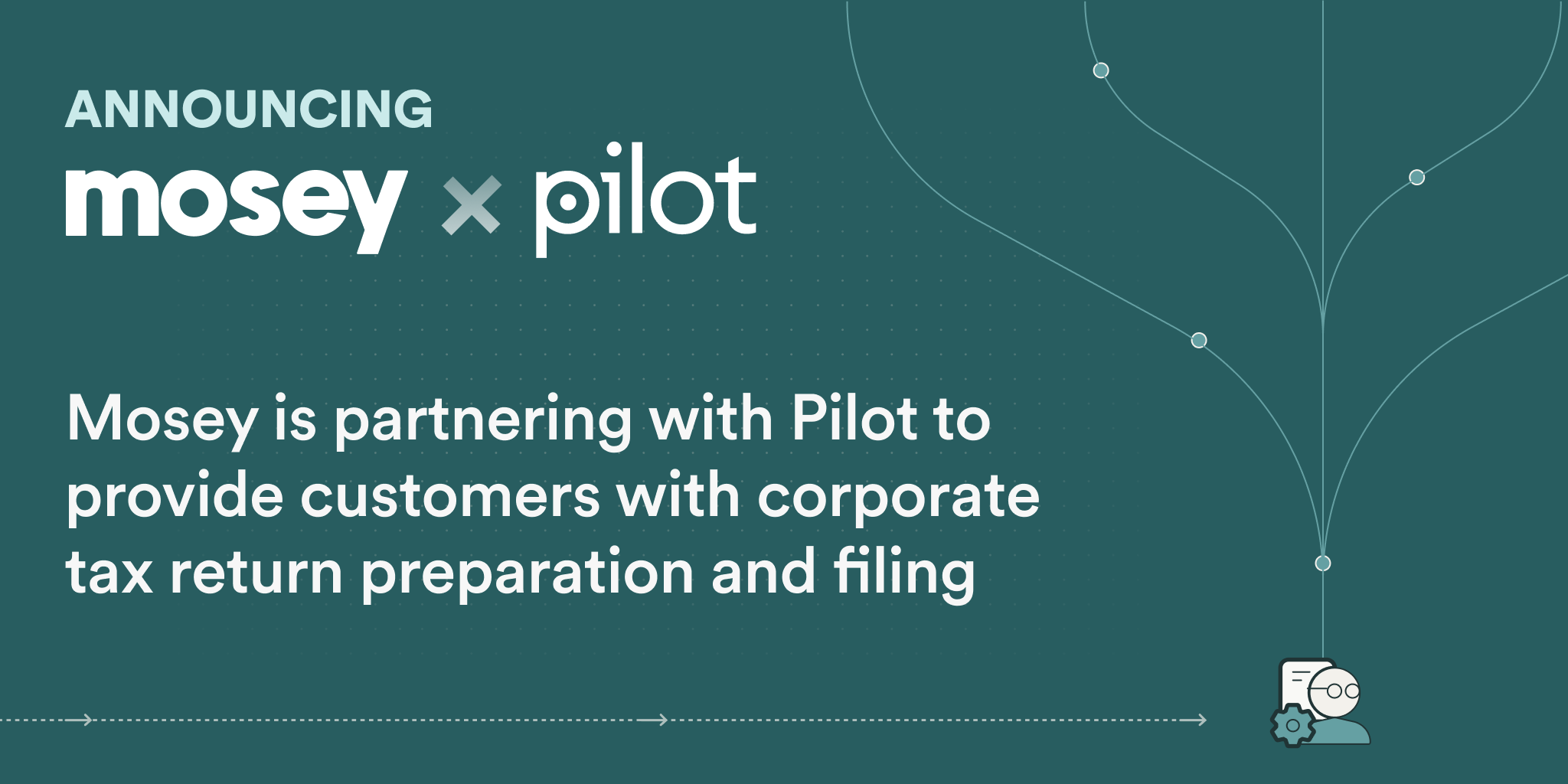Annual reports filed with the Secretary of State in Iowa are official documents that provide a comprehensive overview of a business's financial performance, operations, and activities throughout the previous year. These reports are required by law and serve as a means for businesses to maintain transparency and compliance with state regulations.
There are 3 different ways to file an annual report in Iowa depending on your legal entity type and tax classification. Follow the guide below to help you file your annual report with the Secretary of State in Iowa or use Mosey to do it.
Use Mosey to automate annual reports in Iowa.
Avoid the hassle of doing it yourself and use Mosey to automate foreign qualification, annual reports, and registered agent service.
Iowa Biennial Report for Corporation
Nonprofit organizations registered to do business in Iowa are required to file a biennial report. You must file your first biennial report between January 1 and April 1 of the first odd-numbered year following the calendar year in which your company was authorized to transact business in Iowa. Subsequent biennial reports must be filed between January 1 and April 1 of each following odd-numbered year.
File Biennial Report
Log in to your Iowa Fast Track Filing account to file the biennial report for your business.
Iowa Biennial Report for LLC
Limited liability companies registered to do business in Iowa are required to file a biennial report. You must file your first biennial report between January 1 and April 1 of the first odd-numbered year following the calendar year in which your company was authorized to transact business in Iowa. Subsequent biennial reports must be filed between January 1 and April 1 of each following odd-numbered year.
File Biennial Report
Log in to your Fast Track Filing account to file the biennial report for your business.
Iowa Biennial Report for Corporation
Corporations registered to do business in Iowa are required to file a biennial report. You must file your first biennial report between January 1 and April 1 of the first even-numbered year following the calendar year in which your company was authorized to transact business in Iowa. Subsequent biennial reports must be filed between January 1 and April 1 of each following even-numbered year.
File Biennial Report
Log in to your Fast Track Filing account to file the biennial report for your business.
What else do I need to know?
There may be additional things you will need to do to maintain your "good standing" in the state including having a registered agent and other kinds of taxes.
Maintaining a Registered Agent
Most states require that you have a registered agent that can receive important mail from the Secretary of State should they need to contact you. There are many commercial options available or you can use Mosey to be your registered agent and keep your information private in Iowa.
Other Taxes
In addition to maintaining a registered agent, maintaining your good standing can include additional taxes. This can include franchise tax, sales tax, or other state taxes. You can use Mosey to identify these additional requirements to maintain good standing in Iowa.




